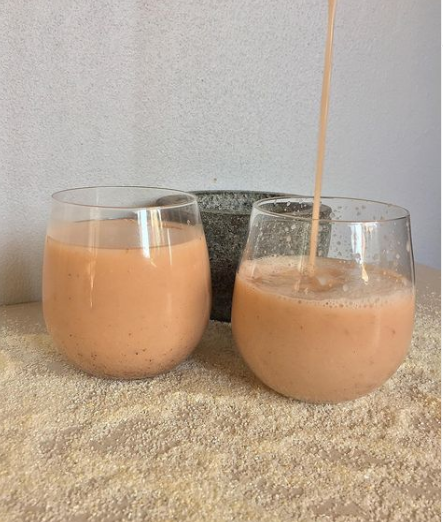
Umqombothi: The Heart and Soul of Zulu Ceremonies
In the rich tapestry of South African traditions, few symbols embody the spirit of unity, celebration, and cultural heritage quite like Umqombothi. This traditional Zulu beer holds a revered place in ceremonies and gatherings, serving as more than just a beverage but as a sacred link to the past and a powerful expression of community and connection. Let’s delve into the history, preparation, significance, and cultural importance of Umqombothi.
History and Origins:
Umqombothi’s roots can be traced back centuries, originating from the indigenous peoples of Southern Africa, including the Zulu, Xhosa, and Ndebele. Historically, it was brewed primarily by women within the community, who passed down their brewing techniques and recipes through generations. The process of making Umqombothi was not only a practical endeavor but also a spiritual one, with rituals and traditions woven into every step.
Ingredients and Preparation:

Umqombothi is crafted from a blend of grains, typically maize (corn), sorghum, malt, and water. Each ingredient contributes to the beer’s unique flavor profile and nutritional content. The grains are ground into a coarse meal, mixed with warm water, and left to ferment in large clay pots or barrels. The fermentation process can take several days to a week, during which natural yeasts and bacteria present in the environment initiate the transformation of sugars into alcohol.
Throughout the fermentation period, various rituals and ceremonies may take place, including prayers, blessings, and songs performed by community members. These rituals imbue Umqombothi with spiritual significance, fostering a sense of unity and reverence among participants.
Cultural Significance:

image credit: @refiloe_lets_cook
Umqombothi holds profound cultural significance within Zulu society, playing a central role in various ceremonies and rituals. It is commonly served at weddings, initiations, funerals, and other significant gatherings, where it serves as a symbol of hospitality, community, and celebration.
During weddings, Umqombothi is often presented as a gesture of welcome to guests, symbolizing the union of two families and the beginning of a new chapter in the couple’s lives. It is customarily served in communal vessels, such as calabashes or clay pots, and shared among attendees as a symbol of unity and togetherness.
Social Cohesion and Bonding:

image credit: @gogodineondlanzi
Beyond its symbolic significance, Umqombothi fosters social cohesion and bonding within the community. The act of brewing Umqombothi is often a communal affair, bringing together women of all ages to share stories, laughter, and knowledge. It serves as a space for intergenerational exchange, where elders pass down traditional wisdom to younger generations, preserving cultural heritage and strengthening familial ties.
Modern Interpretations:
 image credit: @mealswithtumi
image credit: @mealswithtumi
In contemporary South Africa, Umqombothi continues to hold sway as a beloved cultural tradition, albeit with some modern adaptations. While traditional brewing methods persist in many rural communities, commercial breweries have also begun producing Umqombothi for wider distribution. This allows individuals outside of Zulu communities to experience and appreciate this iconic beverage, contributing to its enduring legacy and cultural relevance.
Conclusion:
Umqombothi stands as a testament to the resilience, creativity, and cultural richness of the Zulu people and broader South African society. It embodies the spirit of community, tradition, and celebration, serving as a bridge between the past and the present. Whether shared at weddings, ceremonies, or informal gatherings, Umqombothi remains a cherished symbol of unity, hospitality, and the enduring bonds that connect us all.
